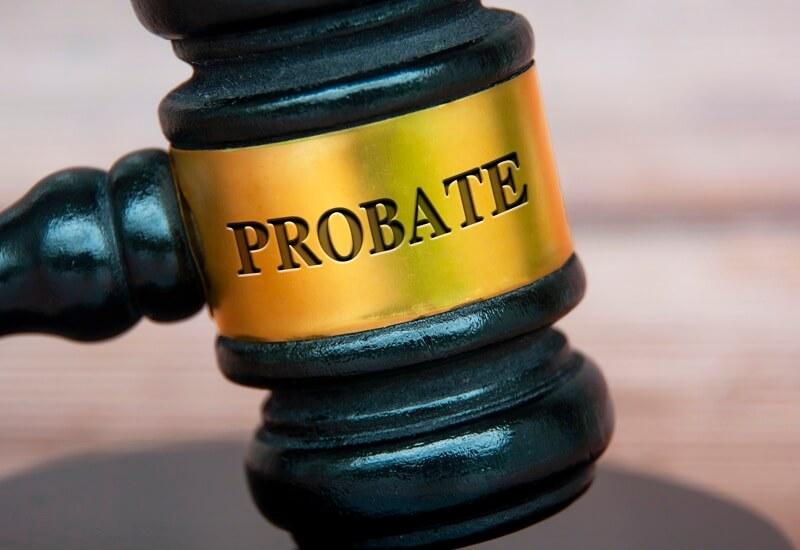What Our Clients Near Campo, CA Say About Us
I highly recommend Dan Weiner for Estate Planning/Trusts/Wills. He is friendly and easy to communicate with. I felt important to him and that says a lot. His wife, Miriam, is also very knowledgeable and HELPFUL! It Feels good to say, “I have a great attorney!”.
Lauren Messinger
Knowledgeable Campo, California Probate Lawyers
Your Future Starts with the Right Probate Counsel
Trusted Lawyers For Your Legal Needs
Probate Administration
Probate Litigation
Trust Administration
Trust Litigation
Estate Planning
Navigating Probate In Campo, CA: A Step-By-Step Guide
Losing a loved one is an emotionally challenging experience, and dealing with the legal responsibilities that follow can further add to the burden. In Campo, CA, understanding the probate process is essential to ensure that a decedent’s assets are distributed according to their wishes and in compliance with California law. This overview is designed to walk you through the probate process and highlight the crucial stages involved in managing an estate in Campo, CA.
What Is Probate?
Probate is a court-managed procedure that validates a decedent’s will, if one exists, and oversees the distribution of their property. This process also involves settling any outstanding debts and taxes before the remaining assets can be passed on to the beneficiaries. In situations where disagreements occur over asset allocation, legal measures—such as probate litigation—may be necessary to resolve conflicts.
Key Steps In Campo, CA Probate
Filing The Will: The probate journey begins with submitting the decedent’s will to the appropriate court in Campo, CA. This action confirms the will’s legitimacy and enables the court to appoint an executor responsible for managing the estate.
Notifying Heirs & Creditors: After the will is filed, it is important to notify all potential heirs and creditors about the probate proceedings. This step provides anyone with a claim on the estate the chance to present their case.
Inventorying Assets: The appointed executor must then compile a comprehensive inventory of all assets owned by the deceased. This inventory typically includes real estate, bank accounts, investments, and personal belongings. If the decedent established a living trust, a separate trust administration process might be required.
Paying Debts & Taxes: Before any distributions can be made, the estate is responsible for settling all debts and taxes. This ensures that all financial obligations are met and that the estate is in full compliance with legal standards.
Distributing Remaining Assets: Once debts and taxes have been cleared, the remaining assets are allocated to the beneficiaries according to the instructions laid out in the will or, if no will exists, as dictated by California’s intestate succession laws.
Why Understanding The Probate Process Matters
Navigating probate in Campo, CA, can be both complex and time-consuming. Each phase of the process demands careful attention to detail in order to meet legal requirements and honor the decedent’s final wishes. Missing a step or an oversight in documentation can lead to delays, additional expenses, or even disputes among heirs.
Contact San Diego Probate Attorneys For Guidance
Given the complexities inherent in probate proceedings, seeking the assistance of seasoned probate lawyers can help simplify the process during such challenging times. San Diego Probate Attorneys are familiar with the applicable laws and court procedures, working diligently to manage each aspect of the probate process with care and accuracy. If you require guidance on handling an estate in Campo, CA, consider reaching out to our probate lawyers for thoughtful support and assistance through every step of your probate journey.








